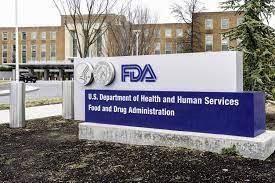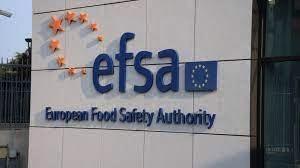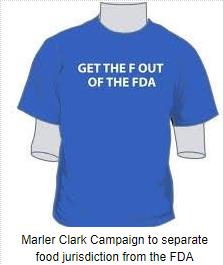 Representative Rosa DeLauro (D-CT) has reintroduced the Expanded Food Safety Investigation Act first proposed in 2019. Representative DeLauro has extensive experience in public health and is concerned over foodborne infection. The Bill was motivated by successive nationwide outbreaks of STEC colibacillosis associated with romaine lettuce produced in the Yuma Valley of Arizona and the Central Valley of California. Irrigating fields with water contaminated by runoff from concentrated animal feeding operations (CAFOs) is generally regarded as the source of infection. The leafy greens industry does not apply a positive kill-step between cultivation and consumption of a food that is not subject to heating.
Representative Rosa DeLauro (D-CT) has reintroduced the Expanded Food Safety Investigation Act first proposed in 2019. Representative DeLauro has extensive experience in public health and is concerned over foodborne infection. The Bill was motivated by successive nationwide outbreaks of STEC colibacillosis associated with romaine lettuce produced in the Yuma Valley of Arizona and the Central Valley of California. Irrigating fields with water contaminated by runoff from concentrated animal feeding operations (CAFOs) is generally regarded as the source of infection. The leafy greens industry does not apply a positive kill-step between cultivation and consumption of a food that is not subject to heating.
The Expanded Food Safety Investigation Act is well intentioned as with most of the legislation suggested by Representative DeLauro. The Act would empower FDA investigators to conduct field studies requiring entry to farms to obtain samples and conduct studies relating to the etiology of foodborne diseases. The activities suggested fall within the function of the Centers for Disease Control staffed with trained epidemiologists staffed with the appropriate laboratory resources. These specialists are capable of conducting field i nvestigations to establish environmental and operational factors that relate pathogens to consumers in the food chain. Investigation of foodborne disease outbreaks back to source is considered necessary to develop appropriate control strategies and to enhance protection of consumers.
nvestigations to establish environmental and operational factors that relate pathogens to consumers in the food chain. Investigation of foodborne disease outbreaks back to source is considered necessary to develop appropriate control strategies and to enhance protection of consumers.
The problem presented by the proposed legislation lies in the fact that the FDA would be empowered to exercise investigative activities on farms. Based on the appallingly amateurish and incompetent approach to implementation of the Final Rule On The Prevention of Salmonella in egg production from 2010 onwards, the FDA is ill equipped to become involved in livestock production. Recent investigations arising from contamination of infant formula point to the deficiencies in structure, internal communication, resource deployment and ability to preemptively plan a response a to potential foodborne disease. The Agency cannot even react timeously to a documented whistleblower report as confirmed in Congressional investigations.
 Entrusting the FDA with additional authority and responsibility will simply generate more confusion and negative effects given the lack of institutional competence of the Agency. Involvement of competent scientific investigators in foodborne outbreaks is justified but this would require a separate food safety agency staffed with appropriate field investigators trained in epidemiology and with an understanding of the livestock production system. Farm investigations under a food safety agency incorporating the current jurisdictions of the FDA and those of FSIS would be acceptable and beneficial in the context of public health. The problem with the Expanded Food Safety Investigation Act is that Representative DeLauro is entrusting additional responsibility to an Agency that clearly cannot fulfill its obligations with respect to food safety. Tacking on additional tasks to an overburdened and dysfunctional Agency will be of little benefit to consumers and will place additional pressure on producers. The proposed legislation should be deferred until a competent and suitably empowered U.S. Food Safety Agency becomes a reality.
Entrusting the FDA with additional authority and responsibility will simply generate more confusion and negative effects given the lack of institutional competence of the Agency. Involvement of competent scientific investigators in foodborne outbreaks is justified but this would require a separate food safety agency staffed with appropriate field investigators trained in epidemiology and with an understanding of the livestock production system. Farm investigations under a food safety agency incorporating the current jurisdictions of the FDA and those of FSIS would be acceptable and beneficial in the context of public health. The problem with the Expanded Food Safety Investigation Act is that Representative DeLauro is entrusting additional responsibility to an Agency that clearly cannot fulfill its obligations with respect to food safety. Tacking on additional tasks to an overburdened and dysfunctional Agency will be of little benefit to consumers and will place additional pressure on producers. The proposed legislation should be deferred until a competent and suitably empowered U.S. Food Safety Agency becomes a reality.